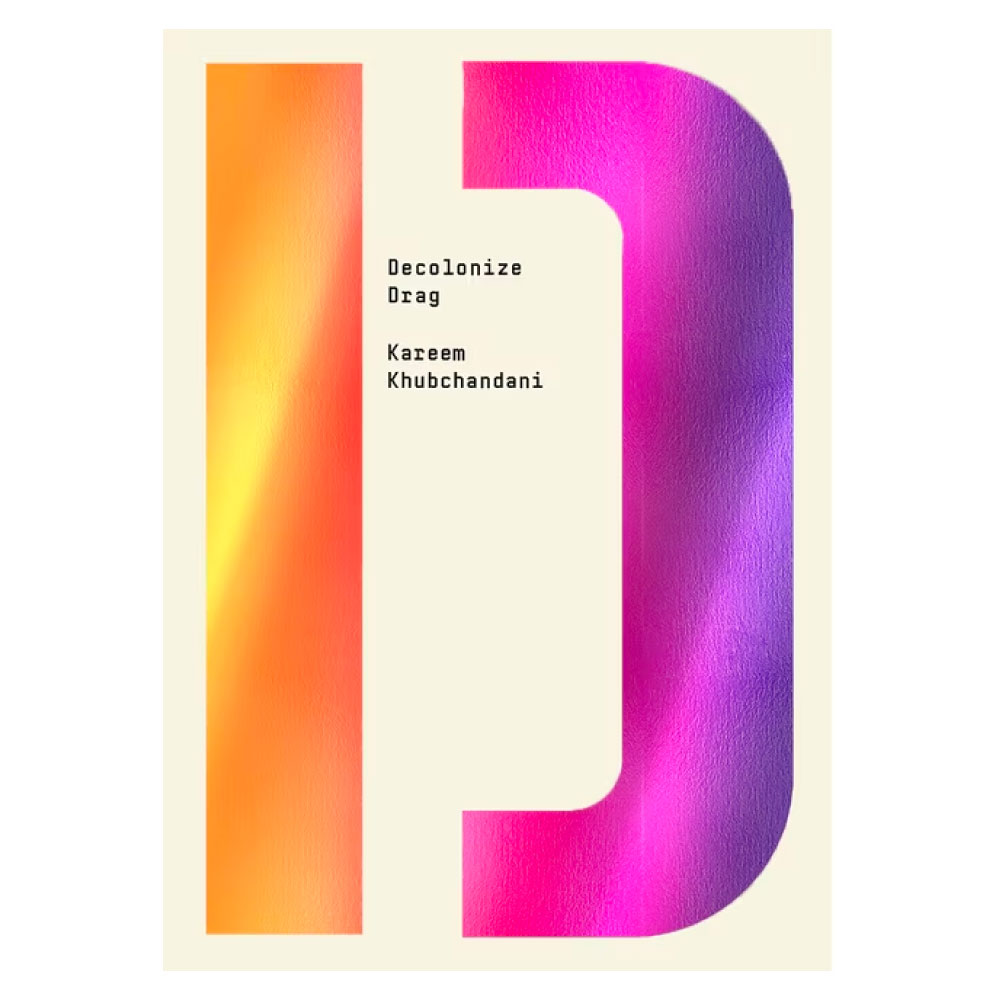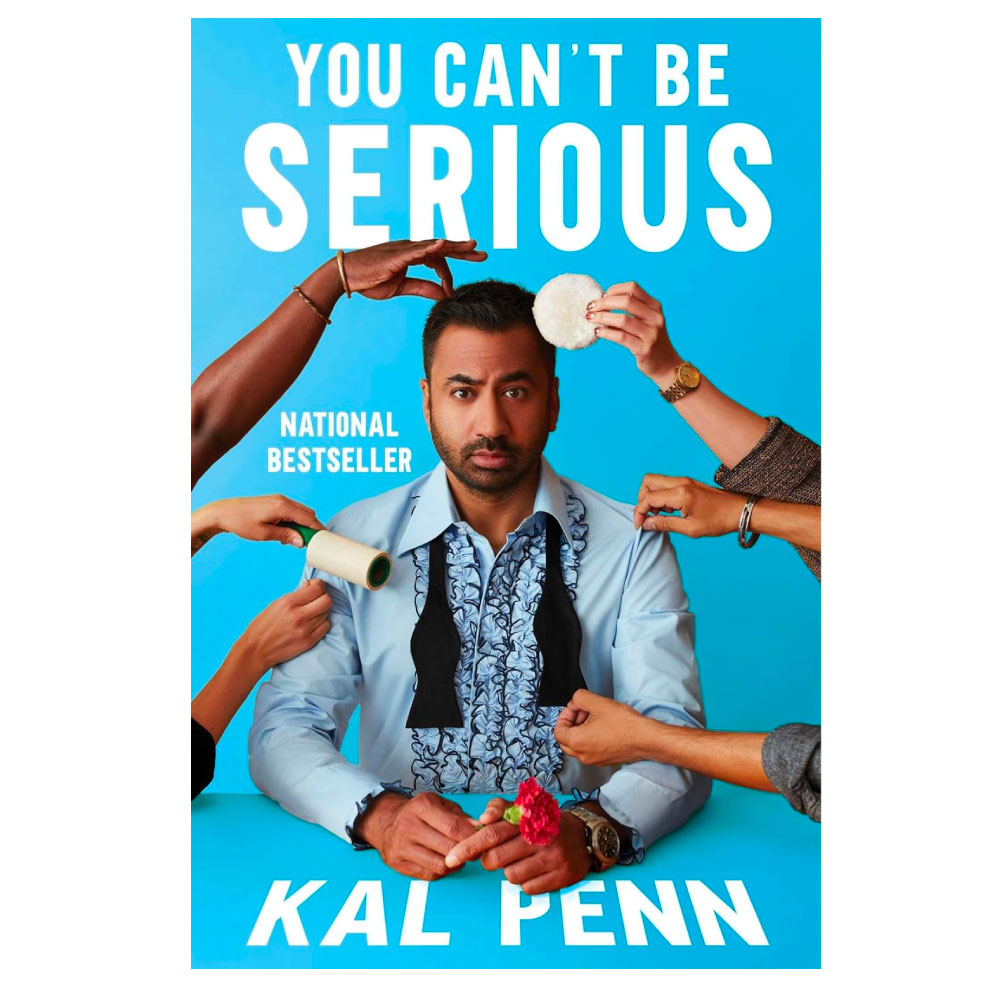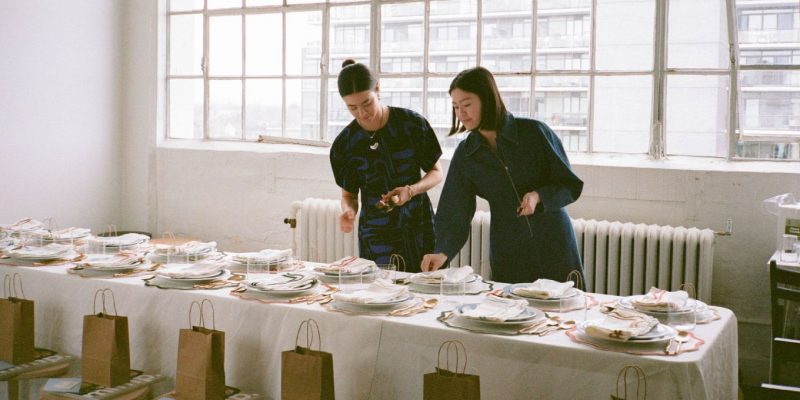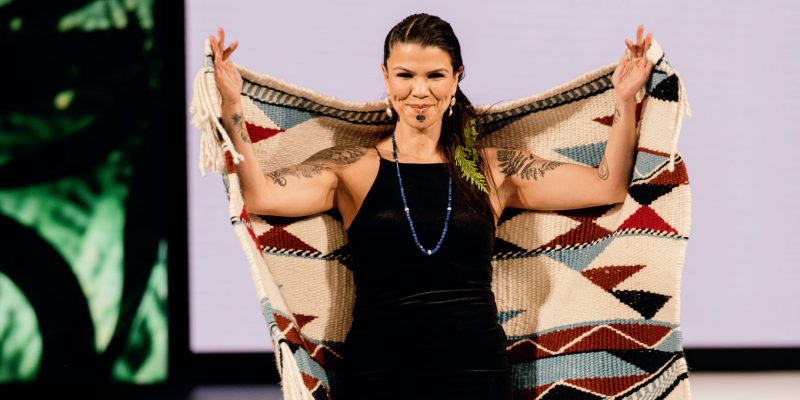Society
Alok Vaid-Menon Is Manifesting a World Beyond the Gender Binary
“I expected to find bitterness on the other side of my pen, but instead I found a bountiful love.”
by : Aman Dosanj- Jan 1st, 2024
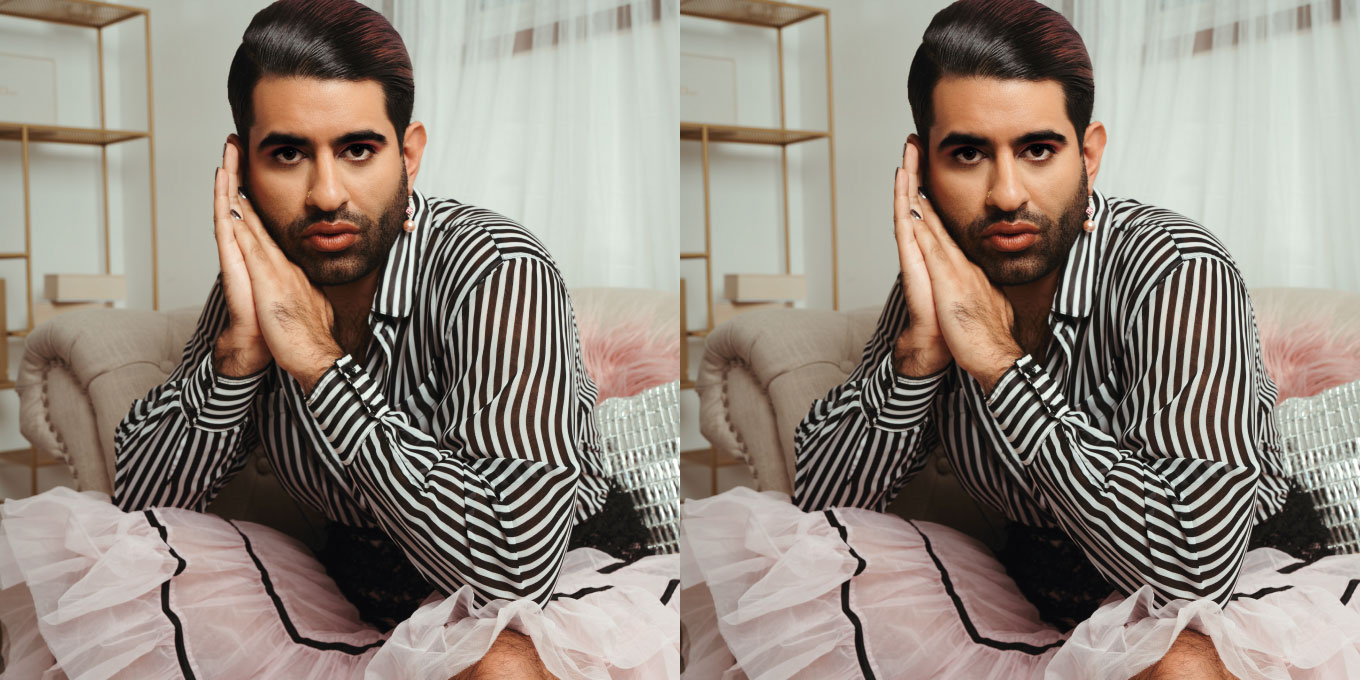
LAURA SHEPHERD
American poet and human-rights activist Alok Vaid-Menon uses fashion to communicate the many facets of who they are. For arguably one of the most recognized non-binary trans-feminine artists of our generation—they are the author of three acclaimed books and the star of a two-year-long comedy world tour and have amassed 1.3 million loyal Instagram followers—that could mean a flowy knee-length floral dress, rainbow-coloured hair and dangly bell-shaped jhumka earrings one day and a chest-hair-exposing vintage skirtsuit the next. That said, the 32-year-old New Yorker explains that the days when they feel their best are also the days when they are the most afraid. “I feel most beautiful when I’m wearing what I want [and not worrying about] what other people think,” says Vaid-Menon, who is known as ALOK. “But when I do that, I experience the most street harassment. It’s heartbreaking that we live in a society that tells people to be themselves and then doesn’t defend them when they [do just that]. Authenticity should be something we all help one another realize.”
It’s a prominent theme in both Vaid-Menon’s work and their day-to-day life. And at a time when legal discrimination against LGBTQIA2S+ people in the United States is at a record-breaking high, having the courage to pursue the most authentic version of themself is no small feat. According to the Movement Advancement Project (a non-profit devoted to providing research, insight and analysis that help promote equality and opportunity for all), U.S. government branches, from local to federal, proposed well over 725 anti-LGBTQIA2S+ bills. These include restricting health- and gender-affirming care for transgender youth and adults, banning drag shows in public spaces, rolling back protections for same-sex marriages and censoring books by queer writers—the list goes on. But these human-rights violations aren’t just happening stateside. A visible campaign of hate—including the recent “1 Million March 4 Children” rally led by right-wing conspiracy theorists protesting sexual-orientation and gender-identity studies in the Canadian school system—is accelerating at an alarming rate in “liberal” Canada. “Sometimes it feels like every day is a potential doomsday scenario,” says Vaid-Menon. “But my art continually returns me to love and continually grounds me in my truth and the beauty of the world. Art continues to give me hope.”
Born to Malaysian and Indian immigrant parents, Vaid-Menon grew up in College Station, a conservative small town in Texas. “At every level, I was told that people like me—non-white, non-Christian, non-hetero, non-cis—were dirty, unwelcome [and] fundamentally wrong,” they say. After years of being reduced to merely their appearance, the often bearded—and unapologetically hairy—poet started writing Femme in Public (released in 2017), a collection of raw, heart-achingly honest letters to those who harassed them on the street. “I expected to find bitterness on the other side of my pen, but instead I found a bountiful love,” they share, having realized that those who lash out are also hurting from the straitjacket of the gender binary (a colonial by-product that separates complex souls into two categories: male and female). “Poetry taught me how to be soft with the people and hard with the problem. To this day, poetry is responsible for my compassion practice.”
Across their work, the artist has continually tried to uplift the message that trans rights are not a minority issue; they are about everyone. For them, a world beyond the gender binary would not only allow all people to determine what gender means to them but also foster an appreciation for complexity over prescribed conformity. Much of that desire for something better stems from their experiences growing up in a South Asian household. “It’s sad because even though non-binary and gender-nonconforming people have existed in South Asia for thousands of years—with different names and cultural roles—no one told me that,” says Vaid-Menon. “So many of our rituals, our ways of coming together, were structured by binary gender norms. No one asked me who I was; there was an assumption of who I was supposed to be. That was very painful. It took me spending time in India on my own and connecting with Indian queer communities to help me heal that wound.”
If that sounds similar to the storyline of the hit CBC Gem series Sort Of, that’s because it is. At the end of season two, the main character, Sabi, is dealing with the sudden passing of their Muslim father and is uncomfortably thrust into performing duties traditionally carried out by the son. For the third and final season (streaming now), Vaid-Menon will feature alongside Bilal Baig, the series’ star and co-creator, who was also the first trans-feminine Muslim lead actor on a prime-time series in Canada.
When asked about how we can deconstruct the gender binary, Vaid-Menon says that it starts with challenging mis- information that’s presented as truth. “There are no ‘men’s clothes’ or ‘women’s clothes’; there are pants, skirts, dresses, shirts—articles of clothing that can be worn by anybody who wants to wear them!” they say. Perhaps more importantly, this long-overdue visibility will teach us that gender is not necessarily about what we look like but who we are.
ALOK’S RECOMMENDED READS
“A powerful celebration of drag artistry across the world.”

Sipping Dom Pérignon Through a Straw: Reimagining Success as a Disabled Achiever by Eddie Ndopu, $29
“A riveting story of grit and glamour by a Black queer disabled individual.”
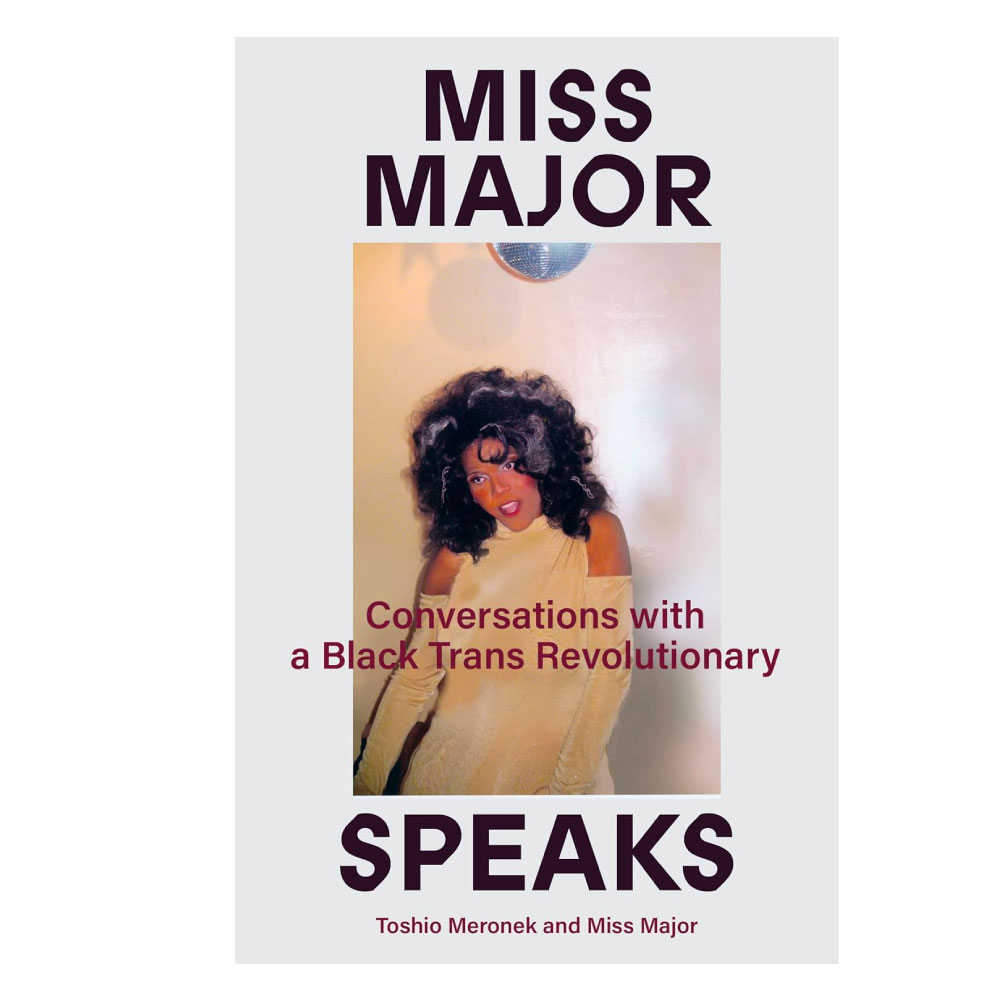
Miss Major Speaks: Conversations with a Black Trans Revolutionary by by Toshio Meronek and Miss Major Griffin-Gracy, $26
“A powerful oral history by a trans elder who was at the [1969] Stonewall riots.”
“A first-hand account of navigating South Asian representation in Hollywood.”
Newsletter
Join our mailing list for the latest and biggest in fashion trends, beauty, culture and celebrity.
Read Next
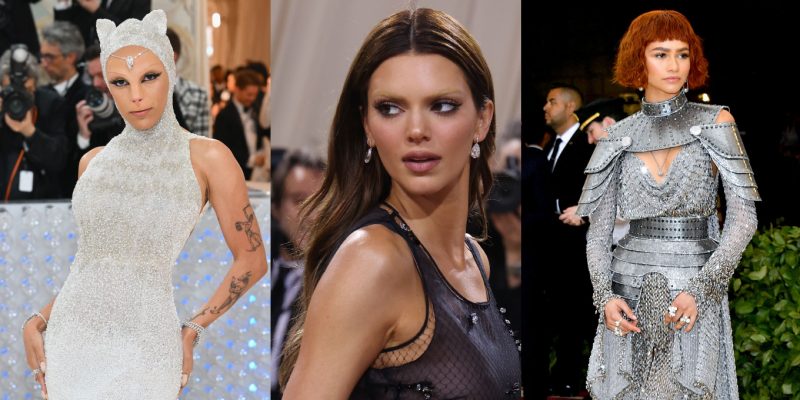
Beauty
The Best Met Gala Beauty Looks Of All Time
From Taylor Swift's 'Bleachella' era to Rihanna's iconic 2011 braids, meet the best beauty moments in Met Gala history.
by : Katie Withington- Apr 26th, 2024
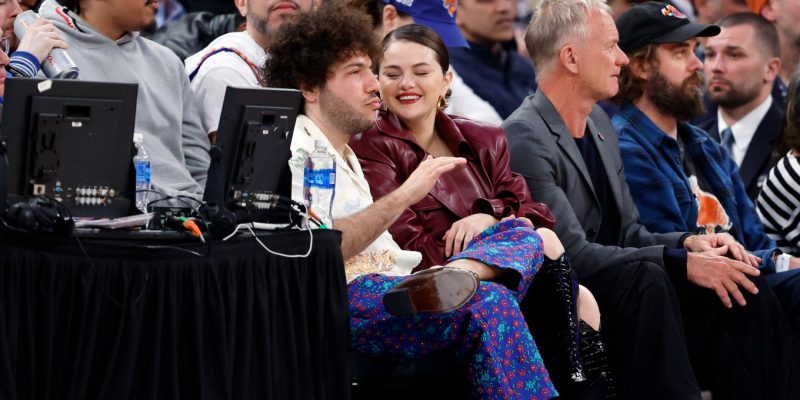
Culture
Benny Blanco Says He Fell in Love With Selena Gomez Without ‘Even Noticing’ It
Allow Benny Blanco to tell the straight-from-a-rom-com story of how he realized his feelings for his girlfriend and longtime friend.
by : Alyssa Bailey- Apr 26th, 2024

Beauty
Tested and Approved: Your New Hydrating Skincare BFF
This new product has all of your skin’s thirst-quenching needs covered.
by : ELLE Canada- Apr 17th, 2024

